Gaan we ooit nog geld verdienen met onderzoeksjournalistiek op het web? Mark Hunter (INSEAD) en Brant Houston (Department of Journalism in the College of Media in Illinois) zijn voorzichtig optimistisch. Maar dan moet de journalist wel een beetje businessman worden. Opmerkingen van beiden, meer en minder controversiële, overigens.
door Margo Smit
In zijn voordracht op de GIJC in Kiev vat Mark Hunter samen wat er in het journalistieke werkveld zoal speelt:
1. More and more, journalists have to think on a larger scale than just ‘sell their story’.
2. Major players are hurting our brand. That has changed dramatically since GIJC 2010 in Geneva: there are people out there that make ‘investigation’ sound very bad. People like Murdoch, or James O’Keefe who goes around trapping people, this is part of our public image now… We are perceived as credible by only 19% of the people, a Pew study in the USA showed. But there is a different way of doing our job.
3. The cast of characters is getting bigger (like NGO’s and Wikileaks or glassdoor.com). The basic material for our work is not going to us anymore, so we need partnership skills.
4. Independence pays! Media perceived as independent attract loyal viewers and readers, often through user forums. There is a hunger for information that seems not to be tainted by private interests (like Canard Enchainee, they have no advertising but make a 20% profit). So we have to build some new delivery models.
Hunter over wat deze nieuwe omstandigheden betekenen voor de wijze waarop we over ons vak denken en het uitoefenen:
“There is a great demand from the public for solutions, not just descriptions of what goes wrong. We have to describe answers. Drivers in this are social media, NGO’s and user forums. And people go to online media for that, less and less to the traditional media.”
“Nobody believes we are objective anymore, again as learned from the Pew research. People don’t care if we are objective, as long as we make our biases clear. We need to think about transparency, of objectives, methods and data.
With that knowledge, we can package and sell stories in different ways, depending on the desired degree of objectivity. With our factual material, we can do a story catered towards one group or the other, as long as we are transparent. This can be a business model. And it doesn’t mean we become spinners of information.”
We have, for instance, to develop markets for reliable business information. Reliability has always been our core business. Now let’s make it a business model.
There is also a great need for facts; we have to keep providing those. We have a tremendous commercial asset there.
And then: Globalisation opens multi-local markets. So there is a great need for translation at the source. We don’t have a global language yet. But if we find translation tools, we can cater our stories to many multi-local markets and make some money there.
Be transparent, though. If I get sponsorship from for instance Johnson&Johnson (like we do at INSEAD), that means I won’t investigate them. For now, at least. Once I want to, then I will have to stop taking their money. And I will. Be transparent about it! It builds our credibility.
Brant Houston vertelt op zijn beurt over zijn pogingen om geld te verdienen én besparen voor non-profit onderzoekscentra:
” I co-founded Investigative News Network (INN) http://investigativenewsnetwork.org/ two years ago, and we approach keeping investigative journalism alive from a business perspective. We bring business practice to groups that do investigative work.
We decided to do a number of different things for these investigative groups and centers:
– We needed to facilitate editorial collaboration between players, like small centres, non-profits.
– Also, we provided administrative efficiencies, like getting libel insurance for all at a reasonable price.
– And then we worked on finding ways to get people to pay for what we do, and find more revenue streams, preferably 6 or 7. We got a feed going with Thomson-Reuters where all the smaller centres go on with their stories and have Reuters sell the feed to bigger outlets.
Some centres work through membership, others make mainstream media pay for collaborative work by putting in an extra reporter on the job. Advertising is allowed at INN to a certain point, training can be making money for smaller centres and we hold paid events where respected people in journalism from these centres speak.
Then there are the foundations that provide money and we point the centres to them, but the foundations expect these centres to be self-sustaining at least to some point. And finally there are centres that use their journalistic data to do research for companies. That is quite controversial.
There is no one answer; but there wasn’t one way back when we didn’t talk about these issues. Advertising sold the paper in the past, but that was not a direct way of paying for investigative journalism either. So basically there is nothing new here.
However, we seem to get confused about ethics. We think a logo on a reporter’s coat is a problem, but we used to take ads from exotic dancer bars when we still had the paper’s business model. Don’t get confused, we have figured out before how to maintain integrity while dealing with revenue streams. Just the more diverse that stream is, the stronger we are.”
Mark Hunter over het omgaan met business modellen:
“The Axel Springer company (whatever you may think of their content) makes 5 million$ in revenue on selling all kinds of stuff. People have confidence in our content, and so they also do in the stuff media are selling. Being it wine or computers.
I am not saying we have to get into the washing machine industry, but it is something to think about. The Texas Tribune does concerts. Why is that not a problem?
But: an investigative reporter cannot deal with twenty means of business revenues and still do the work, so we have to hook up with those who can handle the business side of it. Our organizations need to go find the talented at business schools as well, and have them help us deal with this.
Look at Politico.com. They are focussed on the Washington community, so their advertisers cater to lobbyists. And then their paper edition is really short and draws people to the site. Two means of revenue.
And, thirdly, they provide stories for provincial papers that cannot afford to have a Washington bureau anymore, and there is some advertisement going with the package. They send a formatted page that the receiving paper can publish in its entirety. And the publishing paper even gets some of the ad revenue.”





